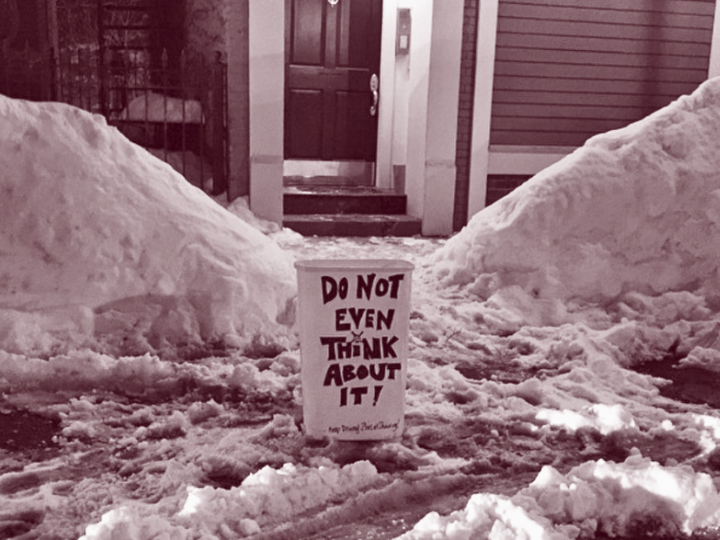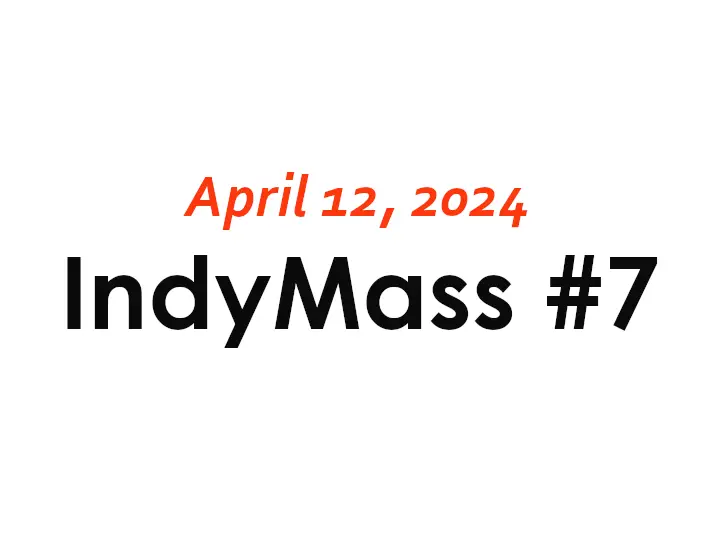The Bay State’s Transportation Funding Task Force should consider this solution to help fill the MBTA budget gap
I’ve never moved an inch from the position that excessive space saving is barbaric. And I started reporting around here when people still called your newsroom on the phone—the goddamn phone—and threatened your life and that of everyone in your family for suggesting that public streets don’t magically turn into private property because someone has a shovel and a folding chair.
I’ll cut closer to the chase, since there is snow everywhere today and relevance is paramount. As comes at roughly this point of most columns on the MBTA, I am required to remind readers that the T needs more than $700 million to avoid painful cuts. With federal assistance drying up, fare revenue down hundreds of millions of dollars a year from pre-pandemic levels, and the sales tax subsidy not stacking high enough, we’re hardly looking at the glory days suggested by the end of so-called slow zones.
A new report by the state’s Transportation Funding Task Force, a predictable appointed cadre of more than 40 transit authority figures, state and regional bureaucrats, and of course business interests, identifies potential new revenue opportunities for the MBTA and other strapped state transit services. It also makes recommendations, most of them eye-rollingly obvious and others actually insightful due to comparative research. Among them: “Charge for expedited RMV process”; a “Tax on purchase of new tires”; and “Variable roadway pricing.”
But there is another short solution that could bring in a few extra million bucks a year—impound and resell every car, truck, and van that violates space-saver rules in cities like Boston and Cambridge.
In the former, “The use of space savers is [currently] permitted for 48 hours after the end of the emergency,” while they’re “prohibited at all times in the South End and Bay Village.” With this week’s snow, there’s no emergency declared, so anybody trying to reserve a space would lose their ride. If someone wants to mess around and find out, nail ’em with a stakeout, and haul away their wheels before they can say, Do you know who my dad is!?!
The region is equipped for this task. As Streetsblog Mass reported last week, Gov. Maura Healey just signed “An Act relative to bus lane enforcement,” which “sets a minimum fine of $25 and a maximum of $125 for bus lane violations caught on camera, and a flat $100 fine for bus stop violations.” “The law also authorizes municipal governments [to] install stationary cameras at bus stops to prevent illegal parking in bus boarding areas, which can be a serious safety hazard for mobility-impaired riders.”
Mass could also follow the lead of neighboring Connecticut, which a joint investigation by ProPublica and CT Mirror just showed “allows tow companies to seek permission from the DMV to sell a vehicle worth $1,500 or less just 15 days after towing it—one of the shortest such periods in the country.” That law’s obviously classist, and hurts poor and working people. The space-saver law I’m proposing, on the other hand, should only let cities tow cars that are worth more than fifty grand. So basically, people who could have afforded to park in a lot but instead chose to wheel their Weber grill into the street in an attempt to colonize the blacktop.
Presumably wealthy people will bear the overwhelming brunt of this commie-red Robin Hood redistribution—an especially kind gesture since much of the Massachusetts Millionaire’s Tax is already going to help fill the aforementioned budget gap. But it’s not entirely discriminatory, since lifelong multigenerational Bostonians will be impacted along with the yuppies who obnoxiously kept the space-saver tradition going. If that’s not equal opportunity then I don’t know what is.
If any of them don’t like the idea of losing their entire car over a parking spot, they are welcome to join me and a few hundred thousand others on the T. With all of the repairs that wealthy Massachusetts residents are already helping out with, it’s riding better than it has in quite a while.






